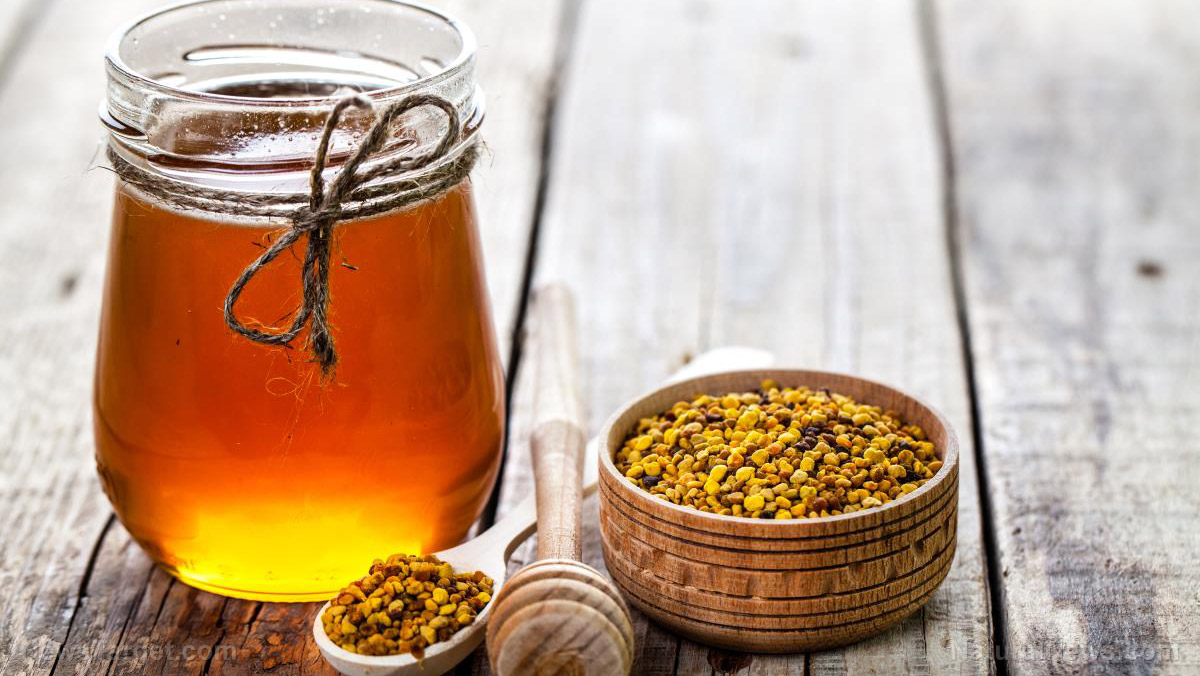Could eating chili peppers actually help you live longer?
12/10/2018 / By Vicki Batts

If you’re a fan of spicy foods, you’re in luck: Research from the University of Vermont indicates that consuming red chili peppers may just help you live longer. It may not always feel like you’re going to live longer after you’ve consumed a very spicy meal, but it seems that those hot peppers are doing quite a bit of good.
The study, published in the scientific journal PLOS One, involved analyzing data gathered by the National Health and Nutritional Examination Survey (NHANES) III. Information from over 16,000 people who were followed for a period of 23 years was utilized to conduct their research. The team found that people who said they ate chili peppers often were less likely to die than those who did not eat hot peppers.
During the study period, a total of 4,946 deaths were observed. The total mortality rate for people who consumed hot chilies on a regular basis was 21.6 percent, compared to 33.6 percent for those who did not eat hot peppers. The absolute risk reduction seen in people who consumed chilies was 12 percent. However, when adjusting for demographics, lifestyle choices, and other clinical risks, the risk reduction associated with chili pepper consumption actually increased to 13 percent. While the mechanism by which peppers exact their health benefits is far from certain, these findings are still encouraging.
In their abstract, the research team writes, “In this large population-based prospective study, the consumption of hot red chili pepper was associated with reduced mortality. Hot red chili peppers may be a beneficial component of the diet.” In their conclusion, the researchers also note that their findings support previous studies that have indicated an inverse relationship between the consumption of spicy foods and mortality. The team also notes that due to the observational nature of their study and the inherent drawbacks of self-reporting, causality can only be posited but not confirmed. However, these findings will hopefully inspire more in-depth research into the benefits of hot red chili peppers.
Previous research hints at spicy foods for longevity
In 2015, a study led by the Chinese Academy of Medical Sciences came to similar conclusions. The Chinese research team tracked nearly half a million participants in China for several years. Their data showed that people who reported consuming spicy foods once or twice a week had a mortality rate that was 10 percent lower than those who reported consuming spicy foods less frequently. The potential effects of spicy foods may indeed be dose dependent; people who reported consuming spicy foods six or seven times a week exhibited an even greater reduction in mortality than more moderate spicy food consumers.
The team also noted that chili peppers were the most frequently consumed hot pepper in the study, and consumption of fresh chilies was linked to a reduced risk of cancer, coronary heart disease, and diabetes. Li Qu, a nutritionist at the Harvard TH Chan School of Public Health and one of the study’s authors, commented, “The data encourages people to eat more spicy food to improve health and reduce mortality risk at an early age.”
Other health benefits of hot peppers
Chili peppers have been regarded for the health benefits and medicinal uses throughout history. For example, an ancient Aztec codex reveals that chili peppers were often used to relieve toothaches. Capsaicin — the compound that makes peppers spicy — is still used for pain relief even today.
Chilies have also evolved to repel microbes, which is a feature that can be very useful to humans. In food, chilies can help to kill or repel some 75 percent of harmful microbes. This was essential for people living in warm climates before the dawn of refrigeration.
Hot peppers are also a great source of antioxidants and are loaded with vitamins A and C, as well minerals like iron and potassium. Some studies have even suggested that consuming hot peppers can bolster weight loss efforts.
While the research on hot peppers is really just beginning, there are plenty of health benefits to be had from spicy foods.
Sources:
Submit a correction >>
Tagged Under:
This article may contain statements that reflect the opinion of the author
RECENT NEWS & ARTICLES
COPYRIGHT © 2017 SUPER FOODS NEWS





















